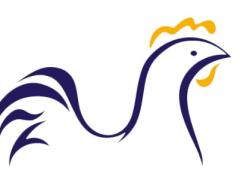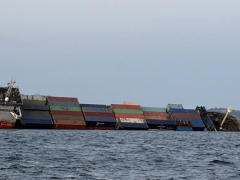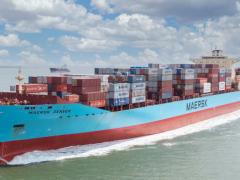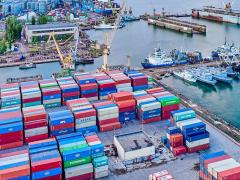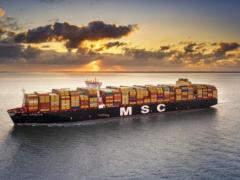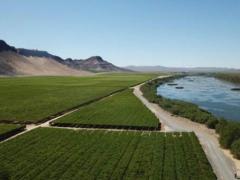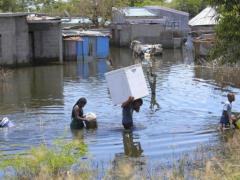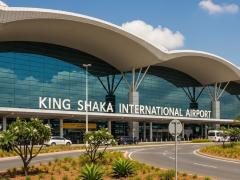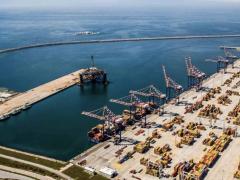The world economy is just 8.5% of the way towards what could be considered full global digital trade integration and openness, according to the new OECD Index of Digital Trade Integration and Openness (Indigo).
The index measures evolving international discussions and commitments on issues that matter for digital trade across 193 countries, from 2000 to 2024.
Singapore is ranked as the most integrated and open country to digital trade with an Indigo-t of 0.17 points, closely followed by Australia and Japan.
A number of African countries, such as Benin, Burkina Faso and Gambia, are ranked as among the least integrated participants in global digital trade.
South Africa's current digital trade integration is described as modest and heavily reliant on multilateral agreements through the World Trade Organization (WTO).
The country has an Indigo-t score of 0.098, composed almost entirely of commitments made through the WTO (0.097), which positions it mid-way at 70th of 193 countries.
It is, however, the most integrated in sub-Saharan Africa, and this is reflected in the low score of 0.001 given to Regional Trade Agreements (RTAs).
African countries aim to create the continent’s own digital trading platform through the African Continental Free Trade Area (AfCFTA) Digital Trade Protocol (AfCFTA DTP), signed in February 2024.
While the AfCFTA DTP has been adopted, negotiations on its eight annexes on rules of origin, cross-border digital payments, cross-border data transfers, criteria for determining the legitimate public reasons for disclosure of source code, digital identities, financial technology, emerging and advanced technologies, and online safety and security, are ongoing, according to Kholofelo Kugler of the International Institute for Sustainable Development.
The AfCFTA DTP will come into force once the ratification process is completed, and state parties will have a further five years to align their national laws to the protocol.
Once fully implemented, the AfCFTA DTP could spur economic growth throughout the continent.
A study by the International Finance Corporation and Google estimated that Africa’s digital economy could reach $712 billion, or 8.5% of GDP, by 2050.
If African Internet penetration rates reached those of the Global North, the digital economy could add 140 million jobs and $2 200 billion to Africa’s GDP.
At present, only 25% of Africans are online, according to Niklas Malchow of Deutsche Gesellschaft für Internationale Zusammenarbeit (GIZ).
GIZ has partnered with Rwanda-based Smart Africa, an alliance of 40 African countries, to create an African digital single market. The goal is to facilitate access to new markets, encourage trade and investment with Africa, and stimulate local economic growth.



